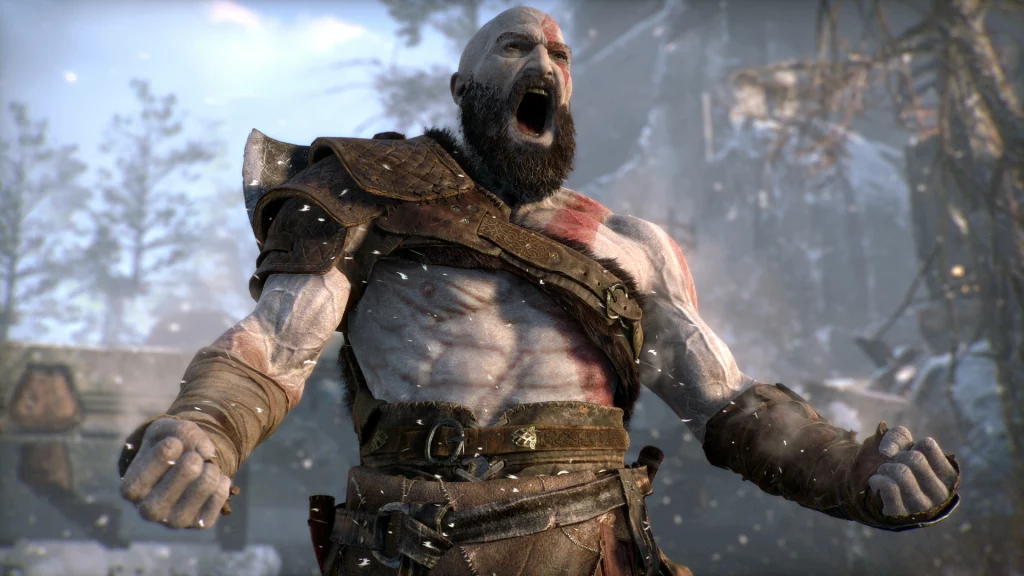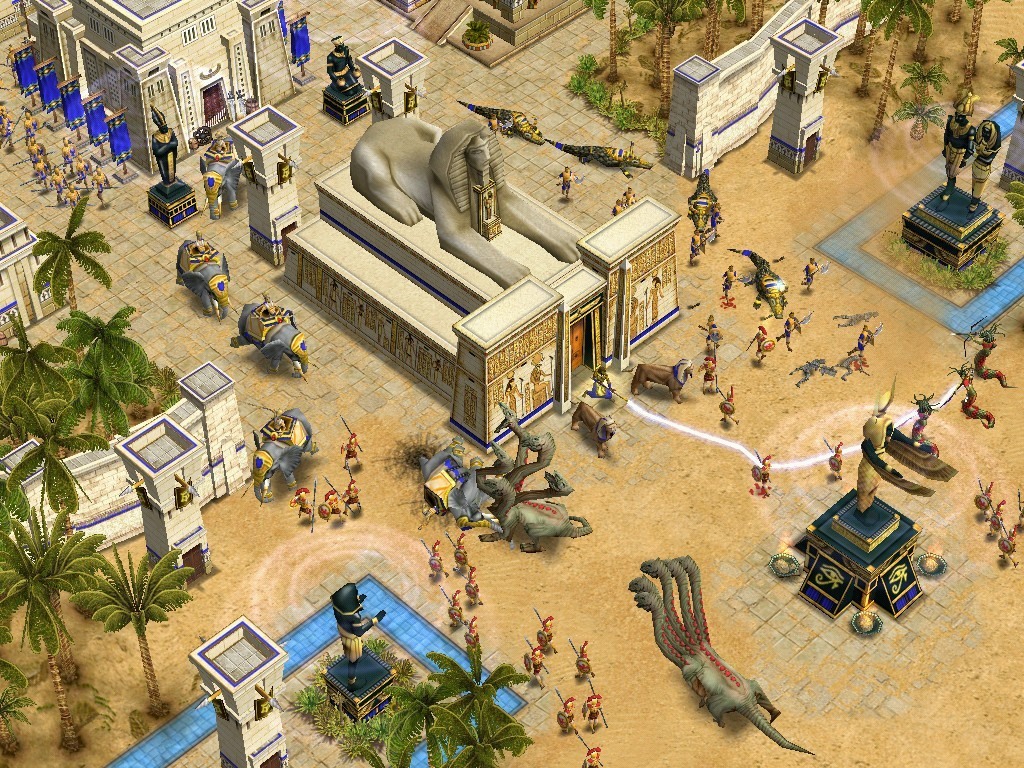I didn’t know a lot about the Greek gods when I was younger. Although they were a part of our history and philosophy courses back in Turkey, I wasn’t really interested in them, nor was the curriculum very extensive or fun on those topics.
Yet, a friend of mine invited me to play Age of Mythology back then (shoutout to Nedim) – I can’t remember what year that was. I was in love with Age of Empires 2 for a long time and wanted to give that game a shot because the visuals looked amazing, and believe me or not (if you’re not old enough), you can spawn mythological creatures and, oh boy, they look incredibly cool. I still feel goosebumps each time I see the visuals from the game.
That was the first time I was impressed and excited to learn more about that vast topic. Later, I bought a PSP by saving my weekly allowances and then met with Kratos via God of War: Chains of Olympus. That opened up more doors since I went through the emotional rollercoaster Kratos went through.

This was a massive shift in my life – because, along with their mightiness, I learned about how Kratos has evolved due to the events happening in his life, which made it easier for me to connect with him. I improved myself through my experiences with Kratos, side by side. Making empathy with him made me relate to different emotions I’ve never experienced myself and learn about his mythological background.
To this day, I know more about Kratos than any other Greek mythological character; and I think that says a lot about how historical events should be educated. Why do I remember more about Kratos and not much about the story of other gods I’ve learned in high school?
Another example was Patapon. Now, Patapon was the best game I’ve played so far; it has two things I like the most, stick figures and code. How? On Patapon, you’re managing an army of stick figures that look slightly different from each other, and by giving them a combination of four commands (Chaka, Pata, Pon, Don – I know it sounds funny), you can make your army do something; either move forward, or attack, or defend, etc. To make things more engaging, all commands are vocalized by your army, and it adds a musical element to it.
But what does it teach? Code! As stated by Charles Petzold in the book “Code”, code is not just Javascript, Ruby, or Go; it’s the way we communicate. So “speech” as we use it today is also a type of code to communicate with other people or machines. Patapon teaches you exactly that; you learn a different way of communicating, where rather than “speech” or a programming language, you can use a combination of these four commands to communicate with your “patapons”. Although I played that game more than 10 years ago, I still remember many of the commands and can hear the music in my head.
We know that gamification is very effective in education, and that’s not something new; if you’ve used any e-learning tool, you would have noticed the good and the bad of those experiences. But gamification is very limited, and it’s just about the learning process, not the learning itself. This is making gamification just a steroid rather than the exercise itself.
Games are more effective there, especially in teaching a narrative/event. The way games educate has three distinct points on the way we use gamification today:
- There is a story.
- The learner is at the center of the story.
- The learner shapes the story with her choices.
We had different mediums that could have been used for education that children also enjoyed consuming: television and comic books. Yet, education needs to use them properly to provide fun ways to teach kids about different topics.
Now, we know games work perfectly, and why it works is different at its core; this time, games provide more and more flexibility to the kids, and this time the kids are the creators of this educational content.
This opens up a great opportunity for humanity’s growth; for the first time in history, kids can build their random number generators on Minecraft by imprisoning the pigs and develop their algorithms using simple rule generators, all in a simple setting.
Now imagine these two things come together, e.g., kids would have a lot of flexibility to discover their passions (perhaps doing projects on those platforms rather than doing decoupage with paper) and learn about Greek gods in a game-like setting.
That brings a significant change into education as we know of today – more story, more engagement, and more freedom.

Leave a Reply